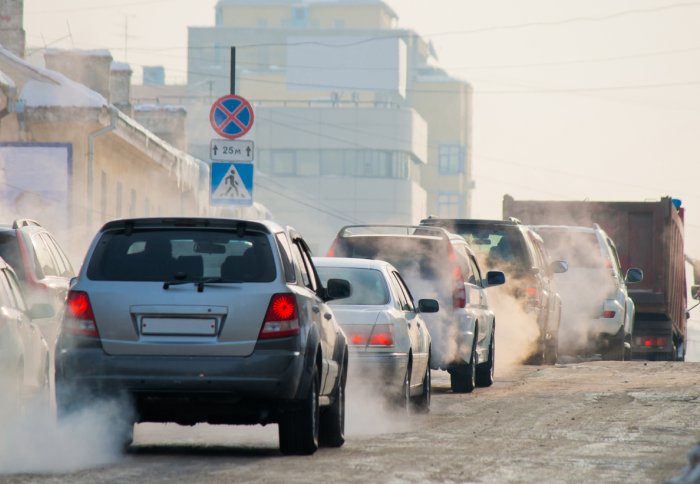Call to tackle greenhouse gases from heating and transport, at Imperial lecture

The rise of renewables requires policies to push their role in heat and transport, the head of the International Energy Agency told a packed audience.
At a recent event hosted by Energy Futures Lab and the Grantham Institute - Climate Change and the Environment, Dr Fatih Birol, Executive Director of the International Energy Agency, laid out the possibilities for the future of global energy.
Dr Birol was presenting the IEA’s latest World Energy Outlook report in front of an audience of experts from across the energy sector, also policymakers from government and industry, who were all eager to hear his views on the current and future state of global energy.
You can watch a video of the full talk above.
Dr Birol’s talk covered energy security, the possibility of a natural gas revolution and the need for policies to start giving serious consideration to heating and cooling, and the transport sector, as major sources of greenhouse gas emissions, alongside electrical energy generation.
When asked to summarise his talk in three words Dr Birol replied, “Uncertainties about uncertainties"; there is no single answer or story that lays out the future of global energy, only policies that can set us on the road.
“Uncertainties about uncertainties"
– Dr Fatih Birol, Executive Director of the International Energy Agency, on the future of energy
He expressed concern about the security of our energy supply however he was optimistic that while the potential vulnerabilities are growing, so are the range of tools available to address these hazards.
With the Paris Agreement on climate change recently coming into force, he touched on its positivity but urged caution. For him, it is just a framework, and its impact will depends on how it is translated into real policies and actions.
At the talk, Dr Birol also discussed the mixed fortunes for fossil fuels. He doesn’t foresee peak oil any time soon and without substitutes for oil in freight, maritime, aviation, and petrochemicals industries, he expressed concern that growth in oil demand is only slowing, not yet shrinking.
The attendees' social media posts have been collected into a Storify.
Article text (excluding photos or graphics) © Imperial College London.
Photos and graphics subject to third party copyright used with permission or © Imperial College London.
Reporter
Neasan O'Neill
Faculty of Engineering
